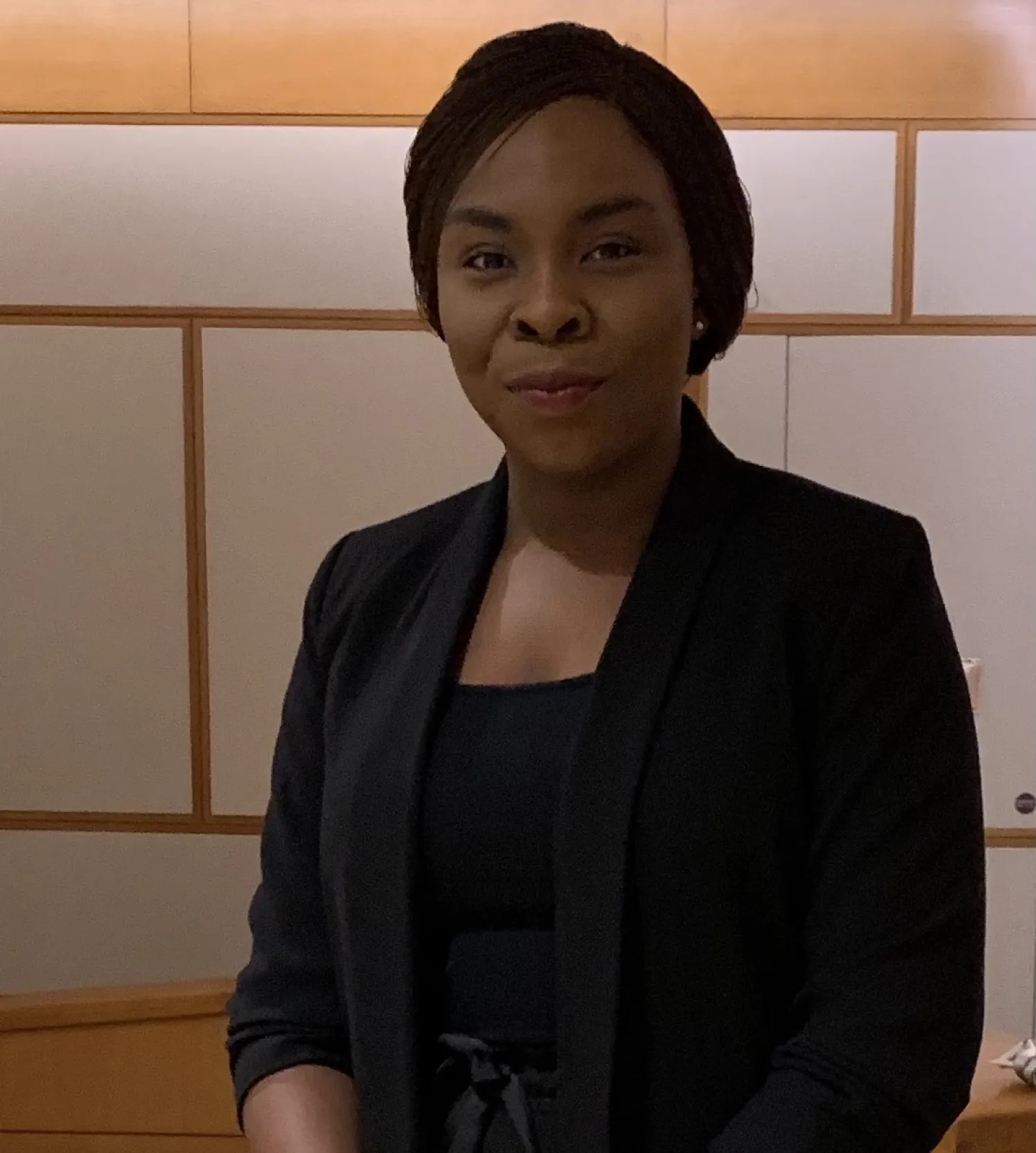Oluwafikayo (known as, Fikayo) Akeredolu is currently pursuing a DPhil in Politics, focusing on "The Political Economy of Energy Transition in Nigeria."
Her research interests and areas of expertise include climate change in the Global South and trade, finance, and development within the Sino-African relationship.
What inspired you to study at DPIR?
DPIR’s commitment to cutting-edge research and global impact made it a natural choice for me. I wanted to be part of a department where academic inquiry informs real-world policy, particularly in the Global South. The opportunity to work with scholars leading debates on political institutions, development, and governance was especially compelling. Oxford offered a platform to amplify my research at the intersection of politics, economics, and environmental change.
What is your research topic?
My research investigates the political economy of energy transitions in resource-rich states, using Nigeria as a case study. I focus on how fuel subsidy reforms, state capacity, and elite bargaining shape renewable energy adoption and climate finance governance. My work draws on quantitative data and policy analysis. I aim to generate actionable insights that support more equitable and effective transitions to low-carbon energy.
What do you enjoy the most about studying within DPIR?
DPIR combines scholarly excellence with real-world relevance. I have had the chance to publish peer-reviewed work, contribute to policy reports, and present my research at leading academic and policy forums. The department provides a space where rigorous theory meets global application, and where young scholars can meaningfully engage in shaping debates that matter. The mentorship and support have been instrumental to my growth as both a researcher and practitioner.
What life lessons have you learnt so far that you will take from studying at Oxford?
I’ve learned that meaningful impact requires both intellectual clarity and institutional navigation. At Oxford, I have sharpened my analytical tools, but I’ve also learned to translate academic ideas into frameworks that international organisations and governments can act on. I’ve come to value resilience, collaboration, and strategic thinking as much as individual excellence. These are lessons I carry forward into my global policy work.
What are your future plans?
I plan to continue working at the interface of academia and global policy, contributing to climate finance reform and energy governance. As a World Bank Fellow, I’m already engaging in operational work that applies my research to high-level climate negotiations and national policy design. Long-term, I aim to lead international initiatives that support just transitions and institutional innovation in low-income countries. I also intend to mentor future scholars, especially women and African researchers, in navigating global academic and policy spaces.
What piece of advice would you give to prospective DPIR students?
Use your time here not just to master a subject, but to build something that speaks to the world beyond the academy. Don’t underestimate your ability to contribute to urgent global challenges. Oxford offers an unparalleled platform—leverage it to publish, connect, and lead. And surround yourself with people who remind you why your work matters.



